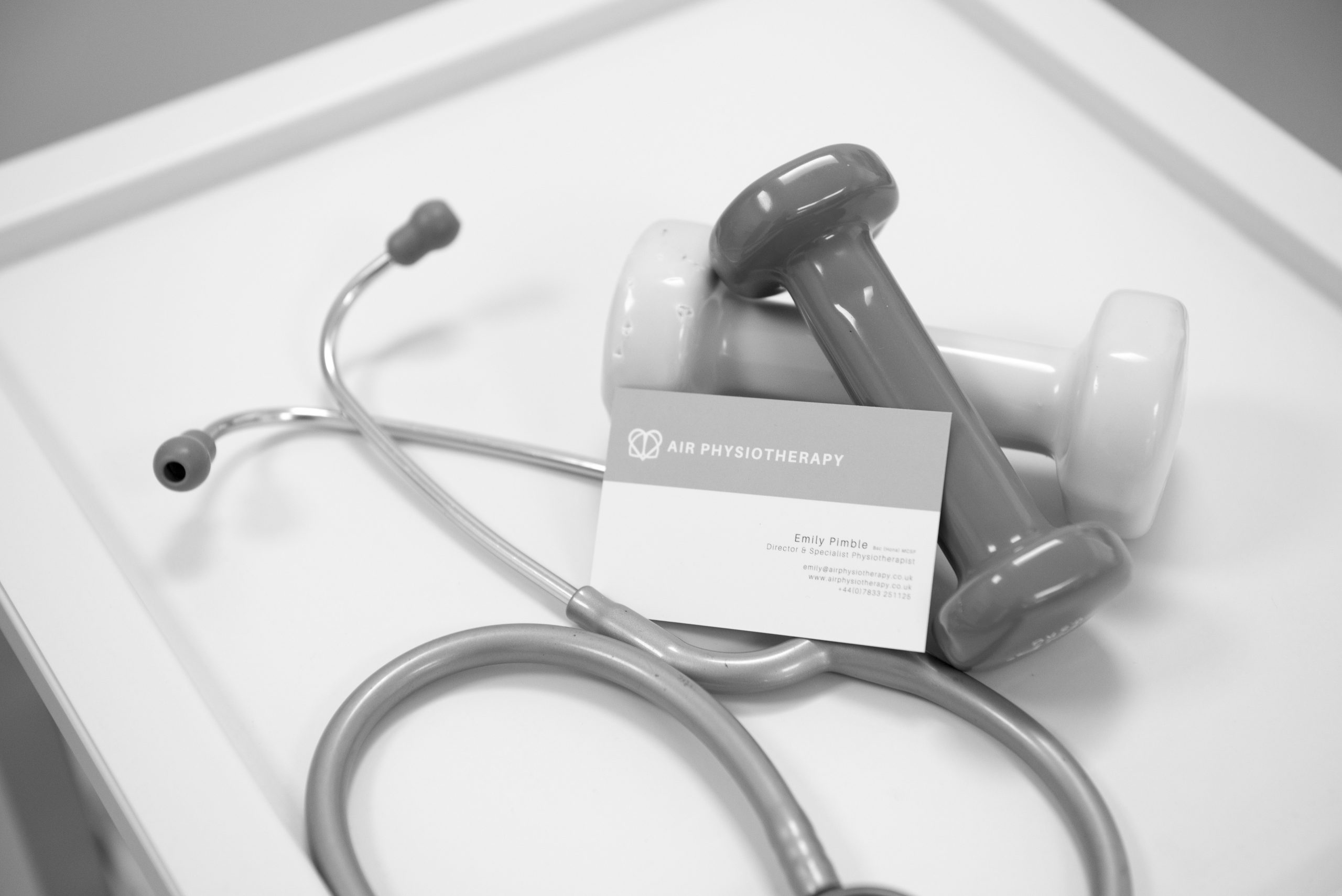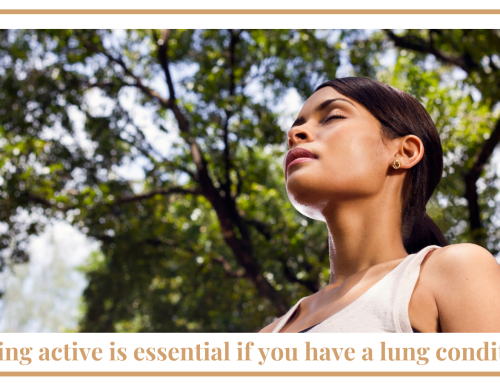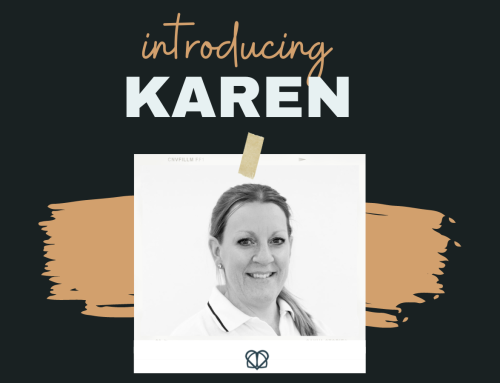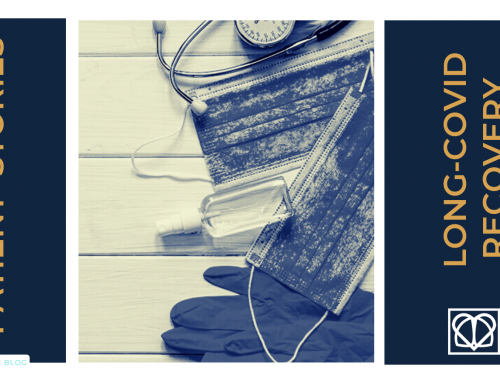The NHS plans to contact those people who are at higher risk of developing complications from COVID-19 this coming week.
It is thought that up to 1.5 million people in England have been identified as being at higher risk of severe illness from COVID-19. If you are one of these people, you’ll receive communication shortly on behalf of your GP practice or specialist on how best to protect yourself. We understand from the government website that this information is likely going to come in the form of a letter or text message.

The information provided is likely going to include a helpline telephone number for those who are in most need of support and those who are considered vulnerable due to their medical conditions.
You will likely be asked to stay at home for a period of at least 12 weeks if you have one or more of the following*:
-
severe respiratory conditions (cystic fibrosis, COPD, severe asthma, bronchiectasis, IPF),
-
specific blood cancers,
-
conditions that require drugs to suppress the immune system
*Please note this list is not exhaustive.
What is the guidance for people at the highest risk?

Please follow this advice to help maximise your chances of avoiding contracting COVID-19:
-
Strictly avoid contact with someone who is displaying symptoms of coronavirus (COVID-19). These symptoms include high temperature and/or new and continuous cough;
-
Do not leave your house for at least 12 weeks starting on Monday 22 March.
-
Do not attend any gatherings. This includes gatherings of friends and families in private spaces e.g. family homes, weddings, parties and religious services.
-
Do not go out for shopping, leisure or travel and, when arranging food or medication deliveries, these should be left at the door to minimise contact.
-
Keep in touch using remote technology such as phone, internet, and social media.
-
Do use telephone or online services to contact your GP practice or other essential services as and when you need.
We understand that many of our patients may fall into this high risk category, and even if you aren’t contacted by the NHS, it is a very scary time for many of you and your families.
We will be doing our best to keep our patients and the general public up to date with information, although as you know, this is very fast changing. We will however be providing tips from a respiratory physiotherapy perspective in terms of how to manage your symptoms.
Information for the vulnerable and living alone
It’s awful to see so many pictures and videos of people literally fighting each other in supermarkets for basic supplies such as toilet rolls and canned goods.
However, it’s really encouraging to hear that the Government is working in partnership with many different industries to ensure essential items can start to be delivered to those who need it. We’ve heard that a new Local Support System (LSS) has been set up to ensure those who are without a local support network i.e. friends and family nearby, and are unable to leave their home, can receive basic groceries. Community pharmacies will also make sure these people can get their medicines delivered.





